Our 2024 challenges
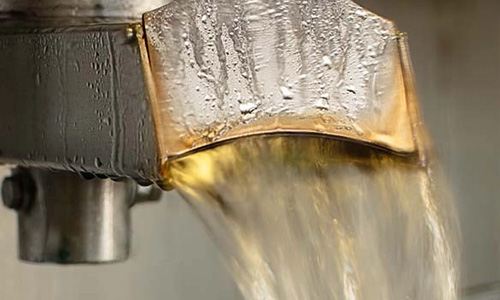
Water efficiency
To improve water efficiency in both our own operations and those of our manufacturing suppliers, we were looking for solutions that could bring step change improvements in water efficiency across our own and our manufacturers’ water use. To help us reduce our water use by an average of 30% by 2030, we were seeking solutions that could bring improvements in water efficiency across our brewing, distilling, malting, and packaging processes, including wastewater treatment and water recycling.
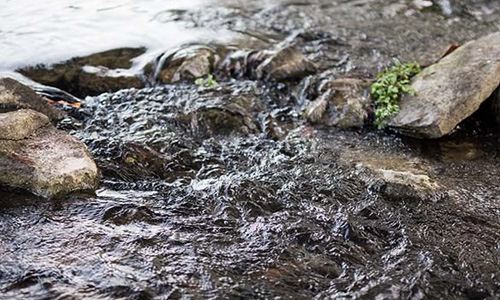
Wastewater upcycling
To maximise the value of Diageo’s waste streams, we were looking for solutions that could be applied to Diageo’s distillation and brewing operations to upcycle wastewater into value-add products or services. This could benefit Diageo’s supply chain, other industries, local communities, or nature. We were particularly interested in solutions, including modular solutions that could be adapted to differing concentrations of compounds, those that could be applied to industrial processes to increase concentration for easier and more efficient extraction of value-add components, and those that were applicable to different geographies, including remote locations.
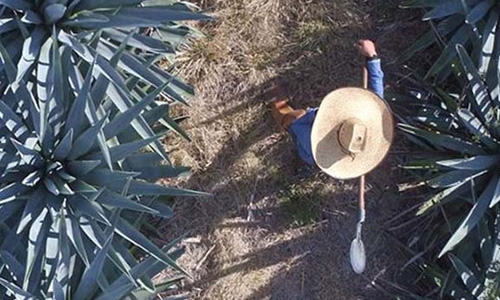
Water-efficient ingredients
To minimise the climate and water risks of the ingredients we source and use, we were looking for new and complementary blue-sky technology solutions to support our growth ambition while preserving existing agricultural supply chains. The aim was to find additional sources of ingredients with reduced water usage and water quality effects. Ingredients of interest are rice (India), aniseed and grapes (Turkey), agave (Mexico), wheat (UK), maize (USA), barley (Scotland/Ireland), sugarcane (India and Africa), sorghum (Kenya & Nigeria) and neutral spirit geographies: USA, India.
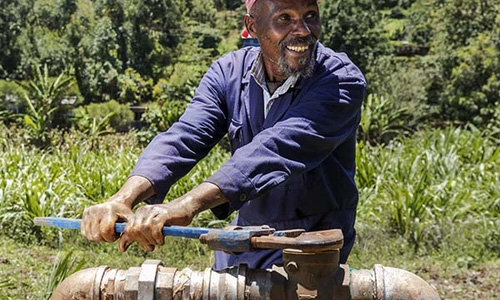
Agricultural water impact
To improve water efficiency in agricultural operations, we were looking for solutions that will help us reduce our water impact and make our existing agricultural processes more efficient. We also considered solutions that indirectly targeted water usage by reducing the need for water at any step of the crop’s lifecycle. Where we irrigate, we looked for solutions to improve water efficiency.

Improving water use across the hospitality sector
To improve the water use across the hospitality sector, we were looking for creative solutions in pubs, restaurants, bars and hotels to reduce water use while preserving or enhancing the customer experience. This includes shaking cocktails, serving drinks, glassware and ice to chill before filling, etc. These may be technology-based, innovation or other solutions.
Our 2022 challenges
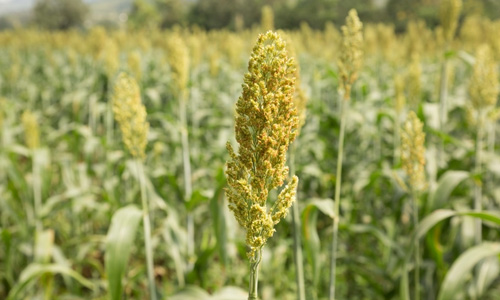
Soil Moisture
The issues of food security and climate change are particularly severe for Africa as much of the continent is drylands with predominantly rain-fed farming systems. This is made even more difficult to manage with predictions of a 20% reduction in southern Africa rainfall by 2100 and 10% for other dry regions including Mexico. Inconsistent rainfall and poor soil moisture retention are some of the main challenges affecting smallholder farmers and can impact their ability to hit expected yields. This is further worsened by lack of timely soil moisture data. Soil water holding capacity needs to improve to maximise productivity which will enable sustained growth in both farmers’ communities and our brands.
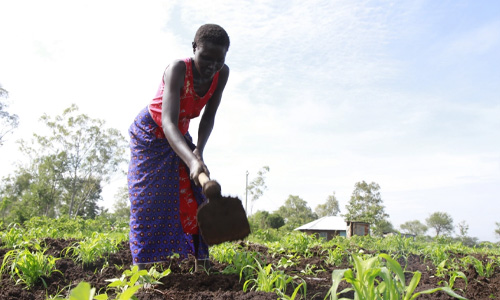
Soil Carbon
Carbon is the chemical backbone of life on earth: it helps give soil its water-retention capacity, structure, and fertility. Soils with a high carbon content tend to be healthier, more resilient to weather-related crop failure and provide better yields through improved nutrient uptake. To accelerate to a low carbon world and become sustainable by design, building economic, environmental and social resilience within smallholder communities, we need to support better soil health through adequate measuring, modelling, interpretation and monitoring of changes to soils at a biological, chemical and physical level.
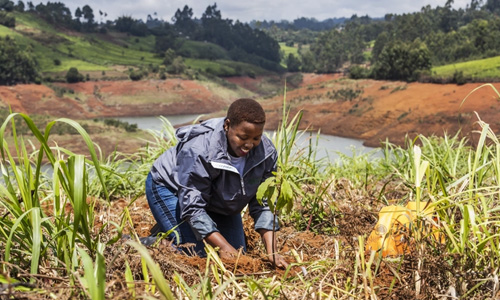
Soil Biodiversity
Diageo is on a vital journey to better measure and manage our global impact on the natural environment. As a global leader in beverage alcohol, we have a dependency on agricultural and, to a lesser extent, forest commodities, we recognise that our activities have the potential to contribute to impacts on nature and biodiversity. We endeavour to measure and report our impact, mitigate the risks and work towards a positive environmental contribution. We are actively engaged in the Science Based Targets for Nature initiative and seek to apply the emerging standard to our supply chain to better understand and manage our nature-related impacts, dependencies, and risks. We need technical solutions to support us in measuring, reporting, and verifying our biodiversity impacts across smallholder value chains.
Our 2021 challenges

Sustainable Container Design - Alternative Formats
We asked for ideas on how to improve the overall sustainability of our containers, develop new alternative formats with low carbon and water intensity, with minimal associated waste, as well as strong reuse/recycling credentials
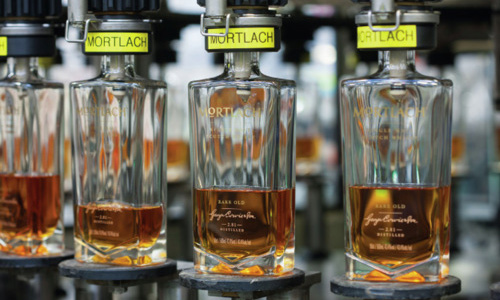
Circular Business Models – Refill and Reuse
Our aim is to make circular business models a reality across our brand portfolio. We asked for ideas on how you could help us leverage solutions across reuse and refill archetypes with an emphasis on consumer-focussed sales.

Glass Bottle/Container Decoration
We asked for ideas on solutions which complement our existing filling and supply chain processes to improve the overall sustainability of our glass bottles.
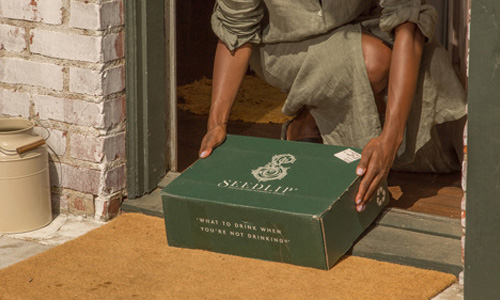
Sustainable Container/Bottle Designs for Ecommerce
We asked for ideas on solutions which complement our existing filling and supply chain processes to improve the overall sustainability of our glass bottles.
Our 2020 challenges
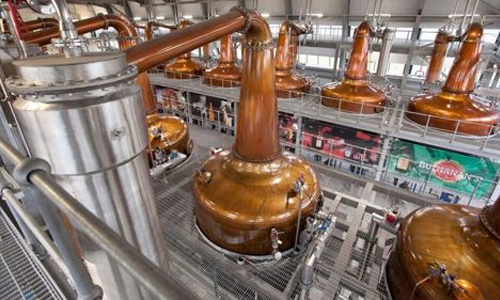
Carbon Heat
We asked for ideas on how to reduce the carbon footprint associated with our heat requirements for brewing and distilling, through generation and, or, reuse processes.
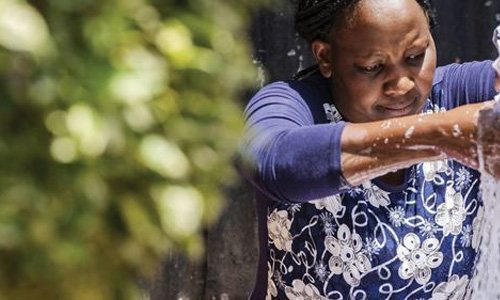
Water
We asked for ideas on how to drive water efficiency by up to 50% across our brewing and distilling operations.
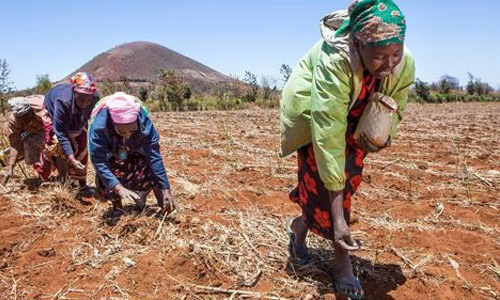
Smallholder Farm
We asked you to share your innovations for supporting Diageo’s smallholder farming networks with supporting the reliable delivery both quantity and quality of yield.
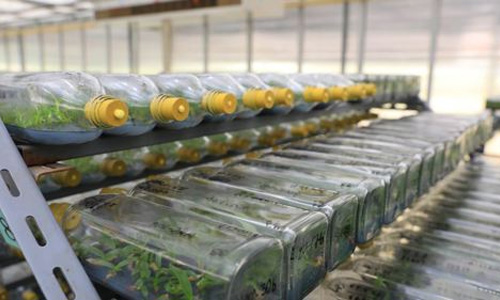
Sustainable Bottle
We asked for your help in improving the overall sustainability of our glass bottles.